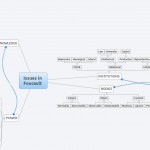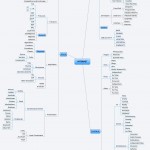Introduced by Foucault late in his career, during the lectures at the College de France, governmentality spawns perhaps the most discussion among contemporary readings of his works. And no wonder:
Continue reading
Author Archives: lewis
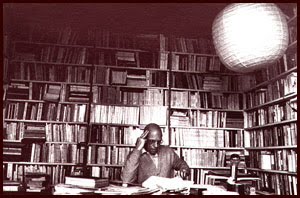

Foucault – Position – Power/Knowledge
Let me begin by baldly stating terms. By power, I understand the texts to mean a field, an environmental and systemic set of the conditions of possible relations between entities. By knowledge, we indicate a different set, of directed, formed, and specific deployment of such relations. It is the articulation of conditions with relations that leads us to the complex under discussion here: power/knowledge. And by the critique of power/knowledge, I refer to the gleaned thread of Foucault’s argumentation throughout his books and lectures. With that in mind, I propose an adoption of this critique for more contemporary (as opposed to explicitly historical) research and theoretical undertakings.
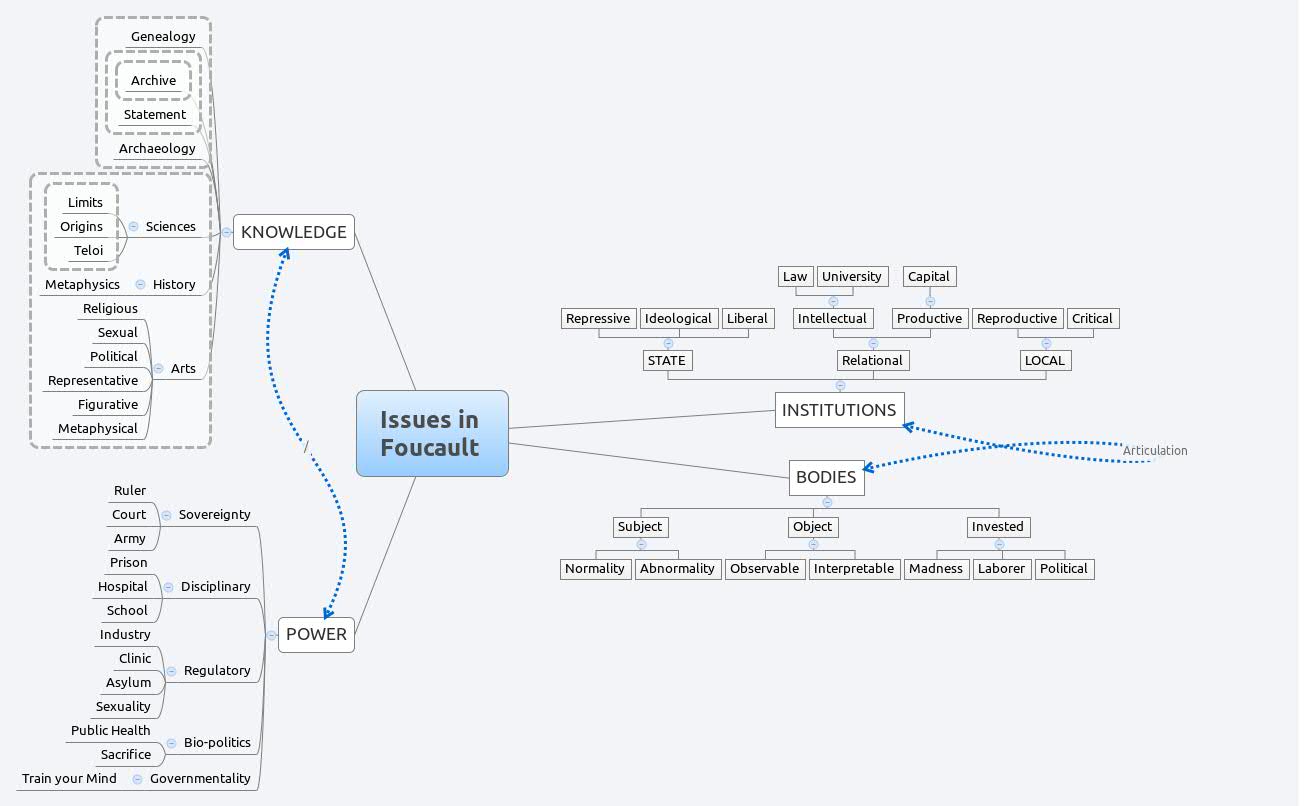
Maps

Internet – Lit Reviews – New Media, Old Media Reader
The essays that comprise this reader forage far and wide for fodder. This review cannot encompass the entire scope of their contributions, but in the same way that the collection provides an introductory overview of many crucial topics in internet (and related media/technology) studies, we can begin with a look at some highlights from the text, and then return later for more in-depth analysis and critique of other selections. Wendy Chun’s introduction to the volume does a more complete and thorough job of this than can a blog post. If we begin with a review of her piece, then, we get a good sense of the state of internet research as far as media studies are concerned. What emerges at the limits of this research, made clear by her analysis of the variations on political-economic, visual-cultural, archaeological, systemic, and aesthetic themes taken up by the contributors, is the mobilization of an opposition between continuity and rupture, in both historical and theoretical terms. In other words, media studies – especially new media studies – is founded on the claim that it can mediate between change and continuity.
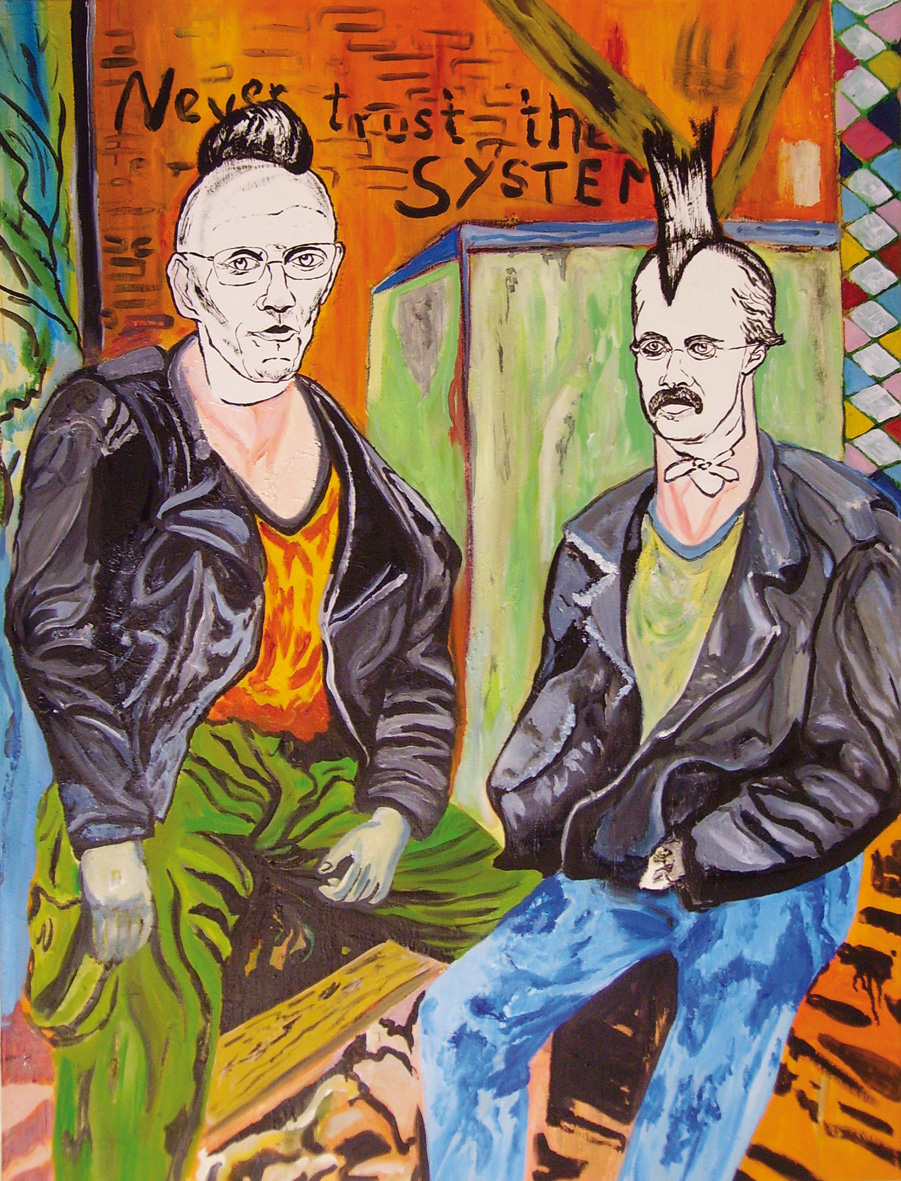
Foucault – Nietzsche, Genealogy, History
“Genealogy… must expose a body totally inscribed by history, and history’s destruction of the body.” (my translation)
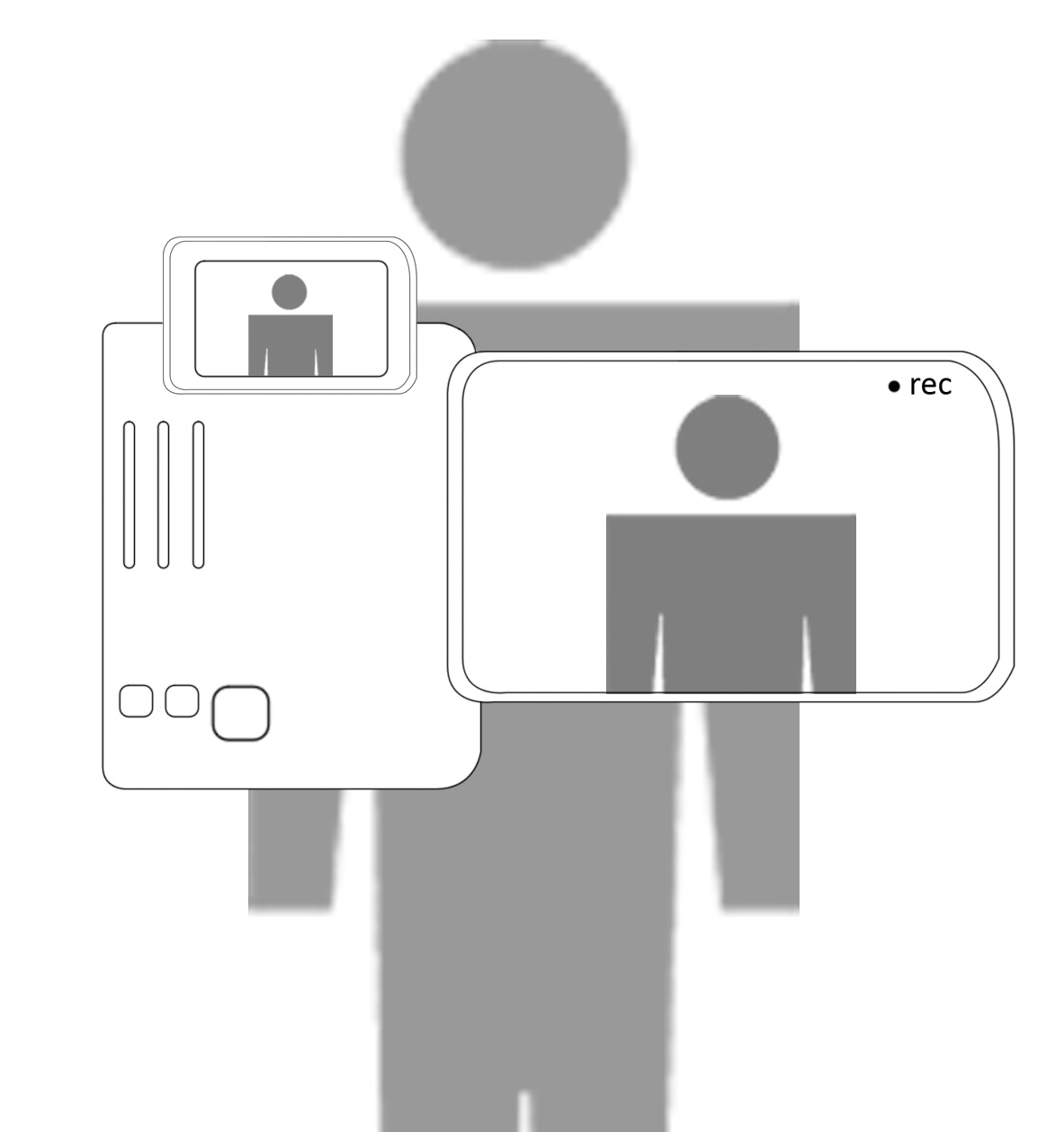
Foucault – Birth of the Clinic
Foucault’s second major publication follows the immense History of Madness, and precedes The Order of Things. Its focus on the medical gaze, and on the epistemic shift concurrent with the turn of the 18th century, emphasizes the themes that carry between those two texts. Staunchly archaeological, The Birth of the Clinic traces the moduli of language as evidence and archive, entryways into the probing questions of medical practice and assumption throughout the period. Remarkably, throughout this subtle and sensitive critique of a scientific logic that insists upon the technical objectivity of images and words of the body, Foucault’s own treatment of the body – as historically and socially embedded – avoids direct confrontation with the conditions of possible embodiment of the medical regard itself.

Internet – Lit Reviews – Chun, Nakamura, Gitelman
Three writers who focus on the use and rhetoric of media, rather than on their inherent characteristics or their ethical valences, come together here. Wendy H. K. Chun demands that our attention to the social contexts of emergent technologies center on the political matters of force and sovereignty. Lisa Nakamura draws our attention to myriad, and structural, irruptions of old inequalities as manifested in ostensibly transcendent new media. And Lisa Gitelman pointedly reminds us, through a meticulous and engaging historiography, that what we call ‘new’ in media has older histories than we often care to admit, that all media were new once, and that any divergent practice or technology enters a complex set of other, perhaps related, media, in which nothing can be outgrown, only deprecated. Together, these thinkers provide good scholarship on which further research can be modelled, and provocative questions that demand further thought.
Continue reading
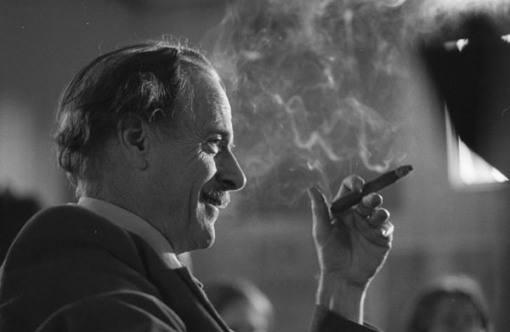
Internet – Lit Reviews – McLuhan, Manovitch
Whether one accepts straightforwardly deterministic speculation or not, whether one prefers to think the mind and the collective mind as functions of or factors in computing, we are bound by mediating forces. As the paragons of privileged speculation, Marshall McLuhan and Lev Manovich stand unchallenged as the sources for media and software theory in the United States. Their conceptual frameworks are most contentious when held against certain French thinkers’. McLuhan’s insight that all media contain as a message a prior medium finds a counterpoint in Regis deBray’s analysis of media as overlapping paradigms, rather than linear progressions. Manovich’s later contributions to software theory as a field in its own right takes as a direct target the archaeology of media as expounded by Michel Foucault, whose concentration on print and writing as valid archival data severely limits his historiographic impulses. But taking these two Anglo writers’ work on their own, we can unpack just where they stand, as well as their utility and inspiration for contemporary thought. Continue reading
The Plan
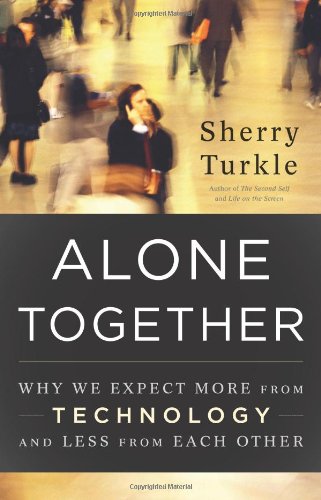
Internet – Lit Review – Turkle
Turkle, Sherry. Alone Together. New York: Basic, 2011
It would be foolish to refute the core premise of Sherry Turkle’s third installment in her series on computers and people: technology – specifically, robots and computers – have taken on agency in their relationships to humans. Her anecdotal approach threads a compelling argument through selections from her psychoanalytic research that includes over 450 subjects, of all ages. In Turkle’s estimation, computers have become what occupies us, keeping us always tethered and networked, rather than remaining our occupational instruments. Likewise, her staunch humanism views the advent of robotics that go beyond artificial intelligence by performing social functions like caring and emotion as a pivotal “robotic moment” for our lives, and for our concepts of life as such. The stakes of being-human, on her account, are changing, and not necessarily for the better. Continue reading
